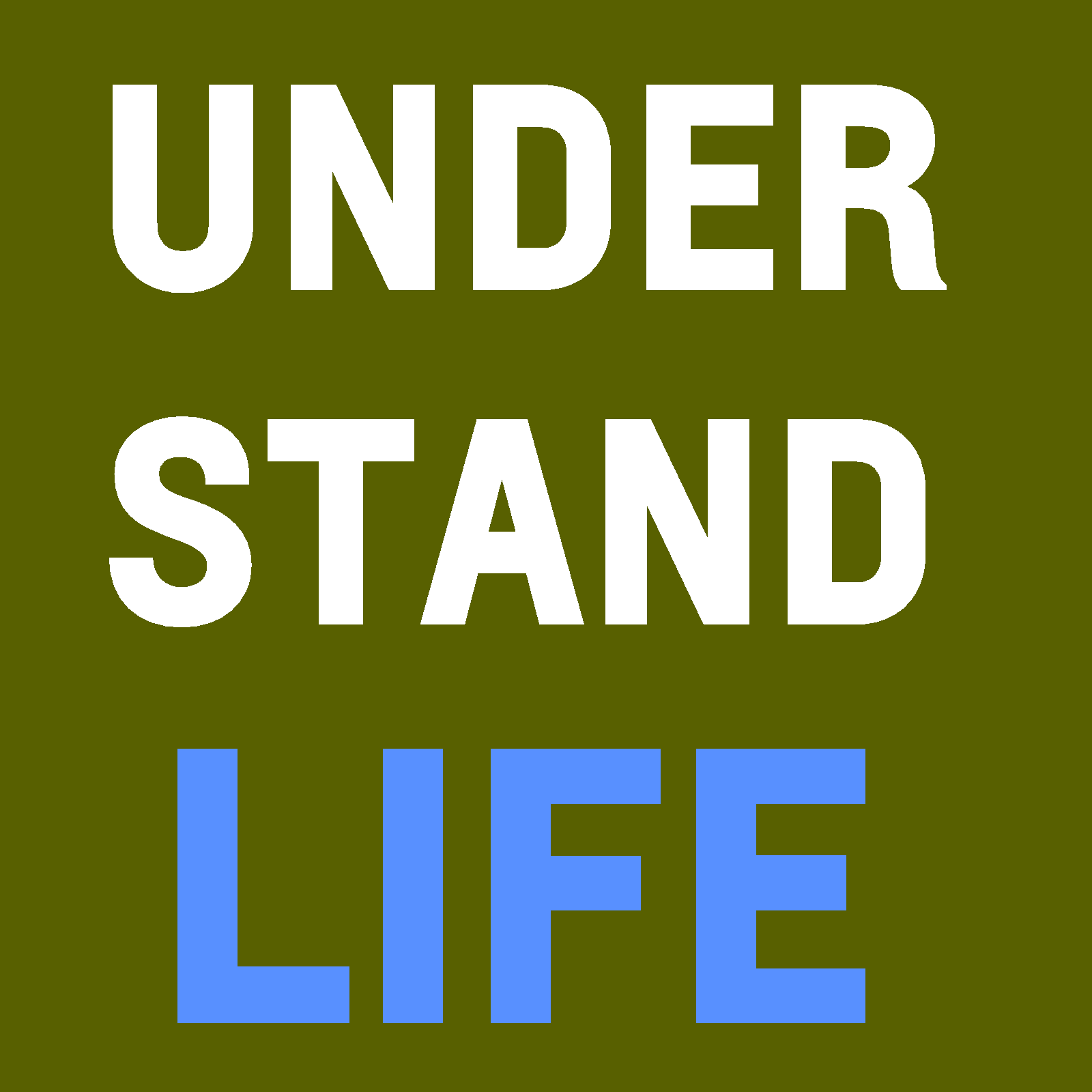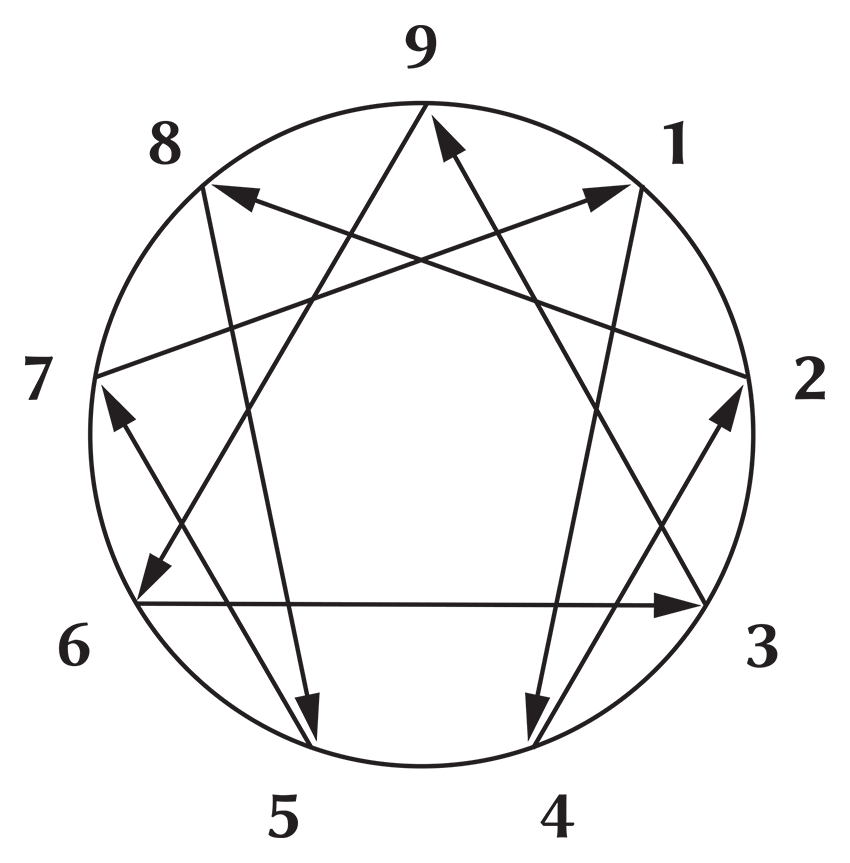
Episode 22.
The Enneagram (Part 1)
Question:
Can this personality stuff get any more complicated?
Key Points:
- We touched on MBTI, Quadrant Theory, and Strengths Finder
- The Enneagram comes from the Greek words "ennea" meaning 9 and "gram" meaning written
- The Enneagram also has numbers, 9 of them (i.e. 1-9), so that there is no positive or negative connotation to each type
- Our greatest strengths tend to also be our greatest weaknesses
- The Enneagram is drawn with Type 9 at the top, see the picture below
- In the Enneagram, anny of the 9 types can be someone's primary type, but only one of the 2 types that are adjacent on the circle to your Primary can be your Secondary
- Everybody has some of each of the types
- Enneagram Types:
- Principled, purposeful, self-controlled, and perfectionistic
- This is Aunt Kelly
- Generous, People Pleasing, and protective
- Want to be sure everyone is happy
- A Helper
- Mama Nieman is this
- Driven, Adaptable, Excelling, and Image-Concious
- This is both Leonard and Malachi
- Care about competence and accomplishment
- Expressive, Dramatic, Self-absorbed, and tempramental
- A drama queen
- Perceptive, Innovative, Secrative, and Issolated
- Observant
- Would be a scientist in a lab and then come out two years later
- Very perceptive and can see things that others cannot see
- Engaging, Responsible, Anxious, and Suspicious
- Wants to be friends with people
- Has a really strong "Code of conduct" that they expect everyone to meet, including themselves
- Want to be participating
- Want to be reassured; they are suspicious of other people's motives
- Sometimes called a "Loyalist"
- Are not sure that they can do things on their own
- This is probably Alyssa
- Similar to Type 2s, there are a lot of possitive for those around them, but are a burden to the person; so they need a lot of care by those around them to be reassured and not over-extend themselves
- Spontaneous, Versatile, Aquisitive, Scattered
- Similar to the "Input" strength in Strengths Finder
- Very flexible, but also creative and expressive
- Can be fun to be around because they have a lot of ideas
- Self-confident, Decisive, Willful, and Confrontational
- As soon as they realize they are not on the same page with someone, they will bring it up to get everyone on the same page
- Are very confident in their positions because they expect everyone to bring something up if they are not on the same page
- Can help to be great leaders because they want to get people on the same page
- Can easily get the reputation as being too mean
- Receptive, Reassuring, Complacent, and Resigned
- Just happy being there
- Similar to "Adapter Mode" in Top Brain, Bottom Brain
- Sometimes called a "Peacemaker"
- Kind of like a middle-child, who wants to go along with either the older or younger child
- Probably part of Type 2 in Quadrant Theory
- Principled, purposeful, self-controlled, and perfectionistic
Pictures:

